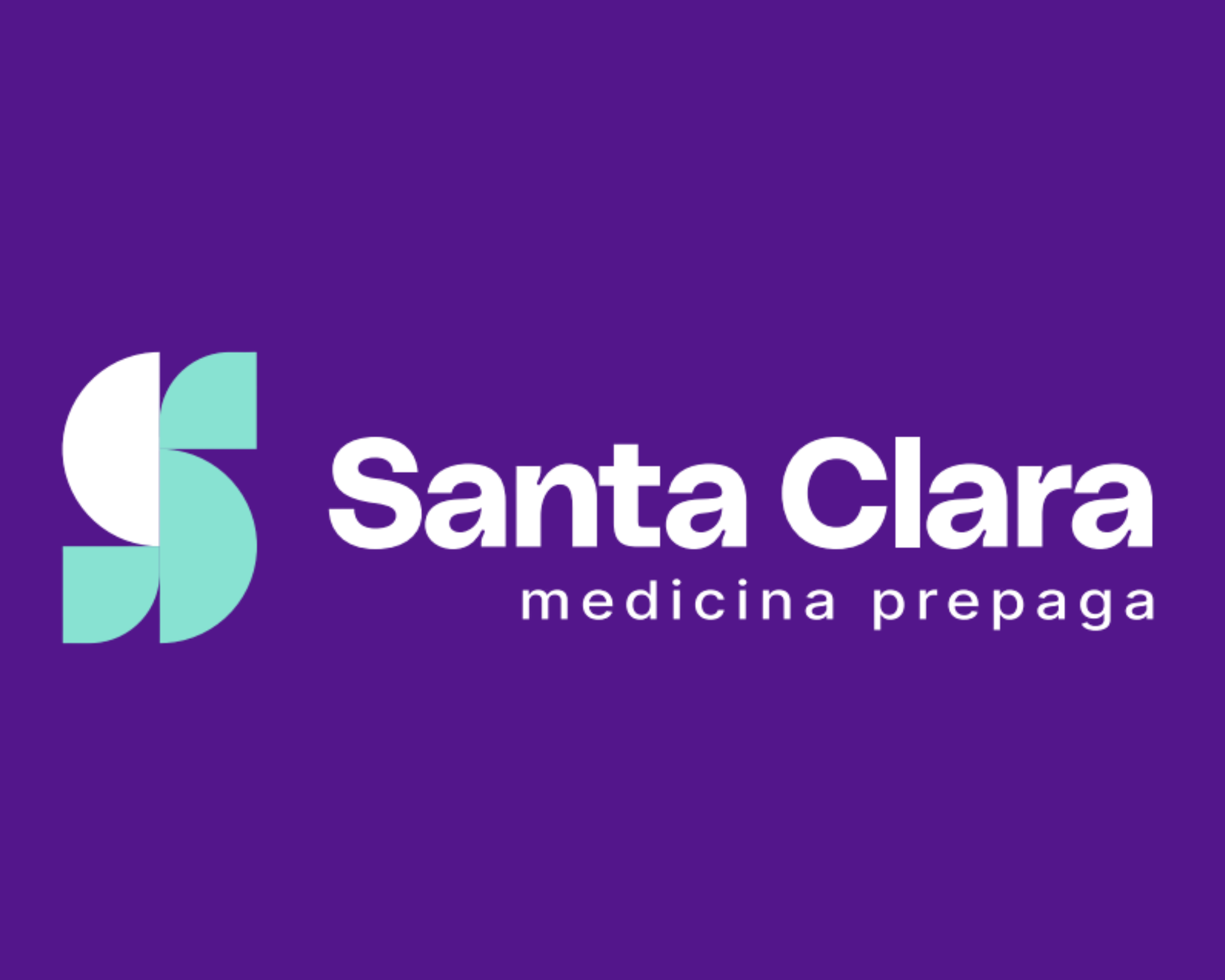

Santa Clara Medicina Prepaga

1.6
Central Department, Paraguay
May 2025
Health insurance
Service with Minor Environmental Footprint
Paraguay
56 años de trayectoria en Paraguay, más de 2.800 prestadores de servicios entre; profesionales de la salud, sanatorios, laboratorios, otros. Certificados bajo el Sistema de Gestión de Calidad ISO 9001:2015 y la primera empresa del rubro de medicina prepaga en Paraguay en ser Empresa B. Entre nuestros planes más destacados se encuentran: Kindo el plan pediátrico más vendido del país; Plan Mujer; Plan Full para núcleo familiar; Plan Único; Planes Pymes ajustado a la necesidad y economía de los emprendedores, Plan Vital con cobertura ajustada a la necesidades de los adultos mayores. Además de otros planes familiares, cooperativas, para medianas y grandes empresas. "Con una visión de liderazgo y vanguardia, sostenemos valores como servicio, honestidad, actitud positiva y trabajo en equipo, innovando constantemente en la experiencia del beneficiario". Ejemplo de ello es nuestro showroom; el primero en el país exclusivo para la atención personalizada del seguro médico. ¡Vivamos Más!
Overall B Impact Score
Governance 21.2
Governance evaluates a company's overall mission, engagement around its social/environmental impact, ethics, and transparency. This section also evaluates the ability of a company to protect their mission and formally consider stakeholders in decision making through their corporate structure (e.g. benefit corporation) or corporate governing documents.
What is this? A company with an Impact Business Model is intentionally designed to create a specific positive outcome for one of its stakeholders - such as workers, community, environment, or customers.
Workers 33.5
Workers evaluates a company’s contributions to its employees’ financial security, health & safety, wellness, career development, and engagement & satisfaction. In addition, this section recognizes business models designed to benefit workers, such as companies that are at least 40% owned by non-executive employees and those that have workforce development programs to support individuals with barriers to employment.
Community 23.7
Community evaluates a company’s engagement with and impact on the communities in which it operates, hires from, and sources from. Topics include diversity, equity & inclusion, economic impact, civic engagement, charitable giving, and supply chain management. In addition, this section recognizes business models that are designed to address specific community-oriented problems, such as poverty alleviation through fair trade sourcing or distribution via microenterprises, producer cooperative models, locally focused economic development, and formal charitable giving commitments.
Environment 6.1
Environment evaluates a company’s overall environmental management practices as well as its impact on the air, climate, water, land, and biodiversity. This includes the direct impact of a company’s operations and, when applicable its supply chain and distribution channels. This section also recognizes companies with environmentally innovative production processes and those that sell products or services that have a positive environmental impact. Some examples might include products and services that create renewable energy, reduce consumption or waste, conserve land or wildlife, provide less toxic alternatives to the market, or educate people about environmental problems.
Customers 14.2
Customers evaluates a company’s stewardship of its customers through the quality of its products and services, ethical marketing, data privacy and security, and feedback channels. In addition, this section recognizes products or services that are designed to address a particular social problem for or through its customers, such as health or educational products, arts & media products, serving underserved customers/clients, and services that improve the social impact of other businesses or organizations.
What is this? A company with an Impact Business Model is intentionally designed to create a specific positive outcome for one of its stakeholders - such as workers, community, environment, or customers.